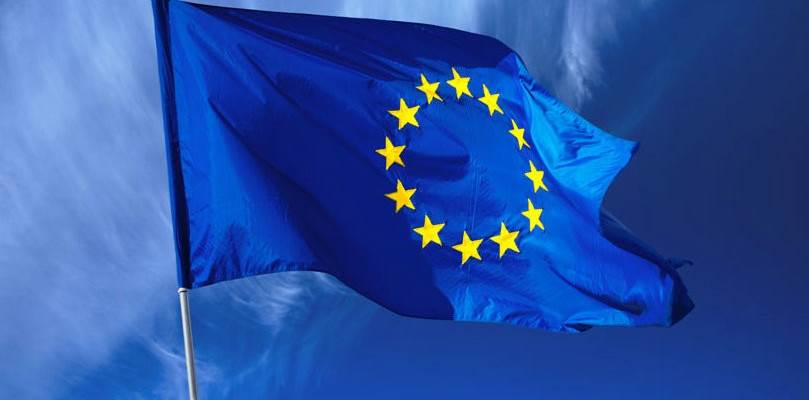For more information, see the dedicated page for the TPR of the EU on the WTO’s website:
https://www.wto.org/english/tratop_e/tpr_e/tp457_e.htm
Below is the statement as delivered 5 July by Ambassador Harald Neple, Norway’s Permanent Representative to the WTO and EFTA.
Trade Policy Review of the European Union 2017. Statement by Norway.
Chair,
These are challenging times in global trade. Protectionism and anti-trade sentiments are on the rise. The benefits of trade need to be more widely shared. More inclusive and job creating international trade must thus be given priority.
An unwavering commitment to the WTO is more important than ever, which is why the EU’s strong support of the Multilateral Trading System and its further development is crucial. We appreciate the engagement and leadership of the EU in the WTO, even if we do not always agree on substance, and we appreciate the EU’s efforts to make the 11th WTO Ministerial Conference a success.
Norway welcomes the active participation of the EU in the negotiations on fisheries subsidies, with the objective to implement Sustainable Development Goal (SDG) 14.6 in the WTO.
As others have highlighted today, agriculture is a key issue in the WTO. Norway commends the EU for contributing actively to reaching consensus at MC10 on phasing out export subsidies. We take note of the EU’s engagement in negotiating new disciplines on trade distorting domestic support, but ask the EU to consider carefully whether a “one size fits all” solution based on support in percentage of the value of production is a doable outcome at MC11.
Norway and the EU have shared interest in liberalization of trade in services. Hence, a continued future cooperation on services is most welcome. We appreciate the EU’s collaboration on a variety of services issues and sectors, particularly on maritime transport services as well as the EU’s active engagement in the negotiations on a Trade in Services Agreement (TiSA).
We also take this opportunity to commend the EU for its longstanding engagement on trade and environment in the WTO. Like the EU, Norway hopes to finalize the negotiations on an environmental goods agreement (EGA) as soon as possible.
The expansion of the digital economy could clearly offer new opportunities to promote inclusive economic growth, as mentioned in the EU’s report, and should be an area for future work, as the digital economy can connect rural and urban communities and facilitate the participation of developing countries, women and micro enterprises in the global economy.
Norway appreciates the active role the EU plays in international trade, in the WTO and outside. The EU’s ambitious “progressive” and sometimes innovative trade agenda, is helpful in trying to move the trade debate forward. The EU’s “trade for all” strategy is but one example.
Chair,
The EU is Norway’s most important trading partner while Norway is the EU's 5th most important import partner. Around 80 per cent (i.e. 88 billion NOK) of Norwegian trade in goods is destined for the EU, and around 2/3 of our imports come from the EU. There is a strong interdependence between Norway and the EU when it comes to trade. The EEA Agreement ensures that we share a common set of rules with our most important trading partners, and this agreement is the cornerstone of Norway’s economic relationship with the EU.
Norway and the EU share the goals and ambitions of facilitating sustainable growth in both new and traditional ocean industries, such as maritime, petroleum and seafood. We maintain close contact on maritime and ocean-related matters, and cooperate at many levels, bilaterally, regionally as well as globally.
Fisheries is topic of particular interest to Norway. Except for oil and gas, fish is the single largest export item from Norway to the EU. With an average tariff of around 11 per cent for fish and fish products, tariff escalation, broad use of bilateral TRQs, autonomous quotas and end-user requirements, there is room for improvements in the EU’s trade regime for seafood.
Chair,
Norway and the EU have mutual interests in the International Working Group concerning a possible agreement on export credits. Norway appreciates the EU's efforts and work in the steering committee of the IWG. It is of great importance to us that competition among exporters is based on the quality and price of the offered goods and services, rather than on the most favourable financial terms and conditions.
The EU is an important and active player on the multilateral stage and an important trading partner for most of us, as we have heard today. Given the changing realities in trade politics, trade policy reviews are even more important than before. We trust that this review will be useful, both for the EU and for its trading partners.
